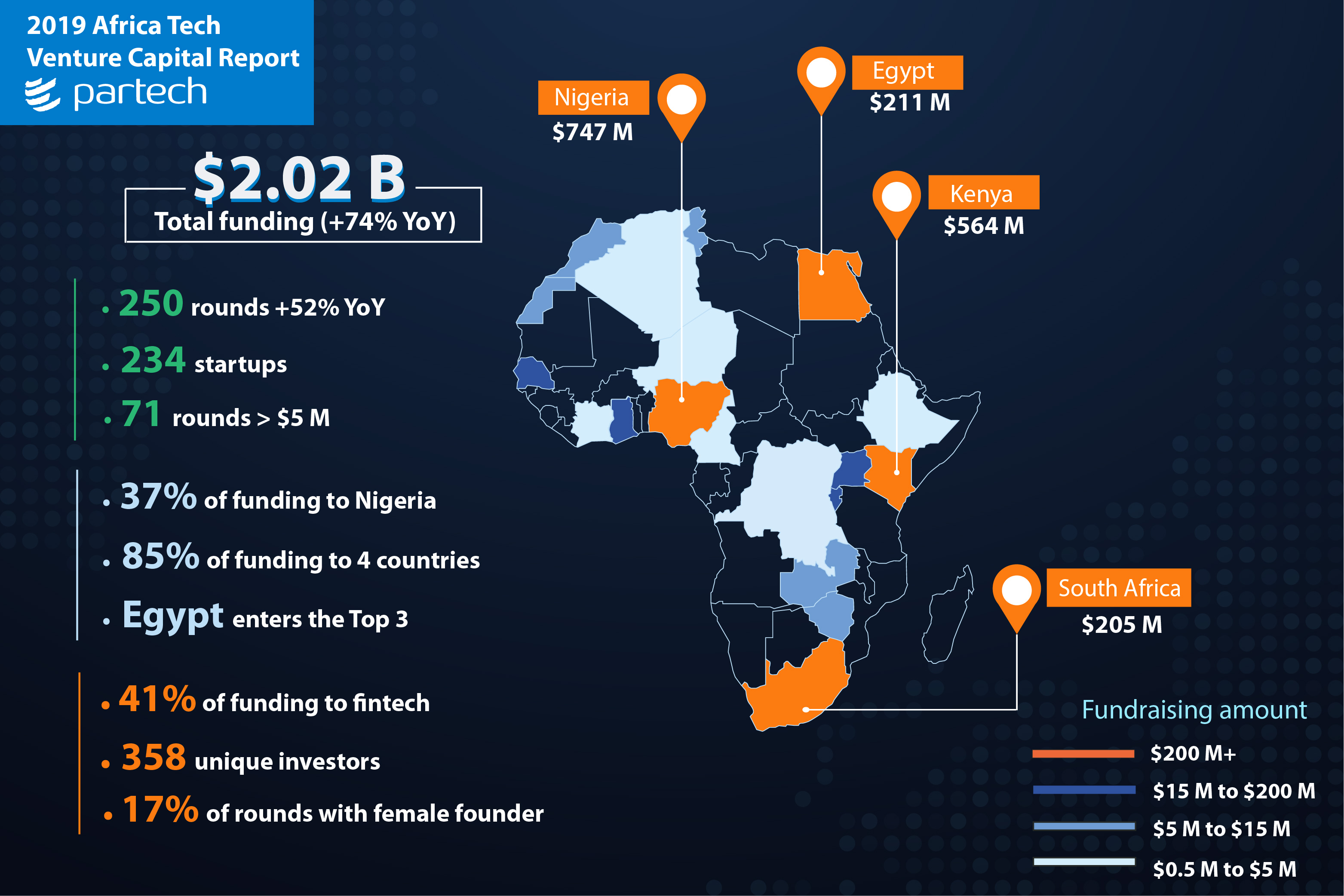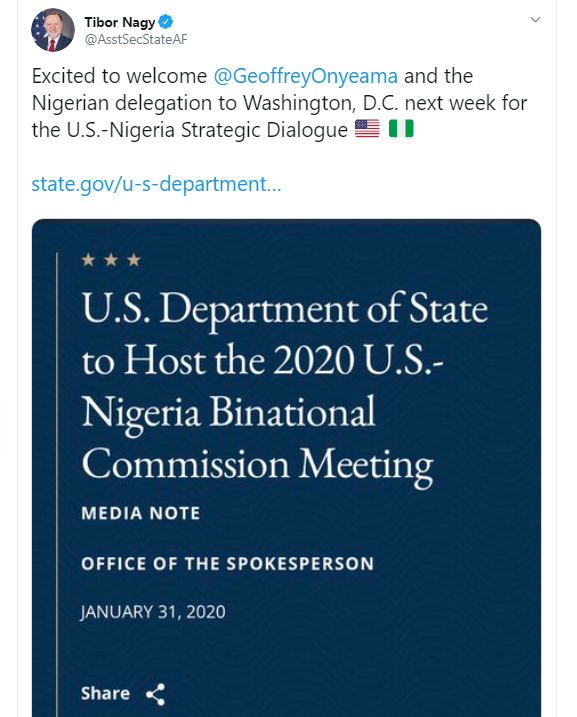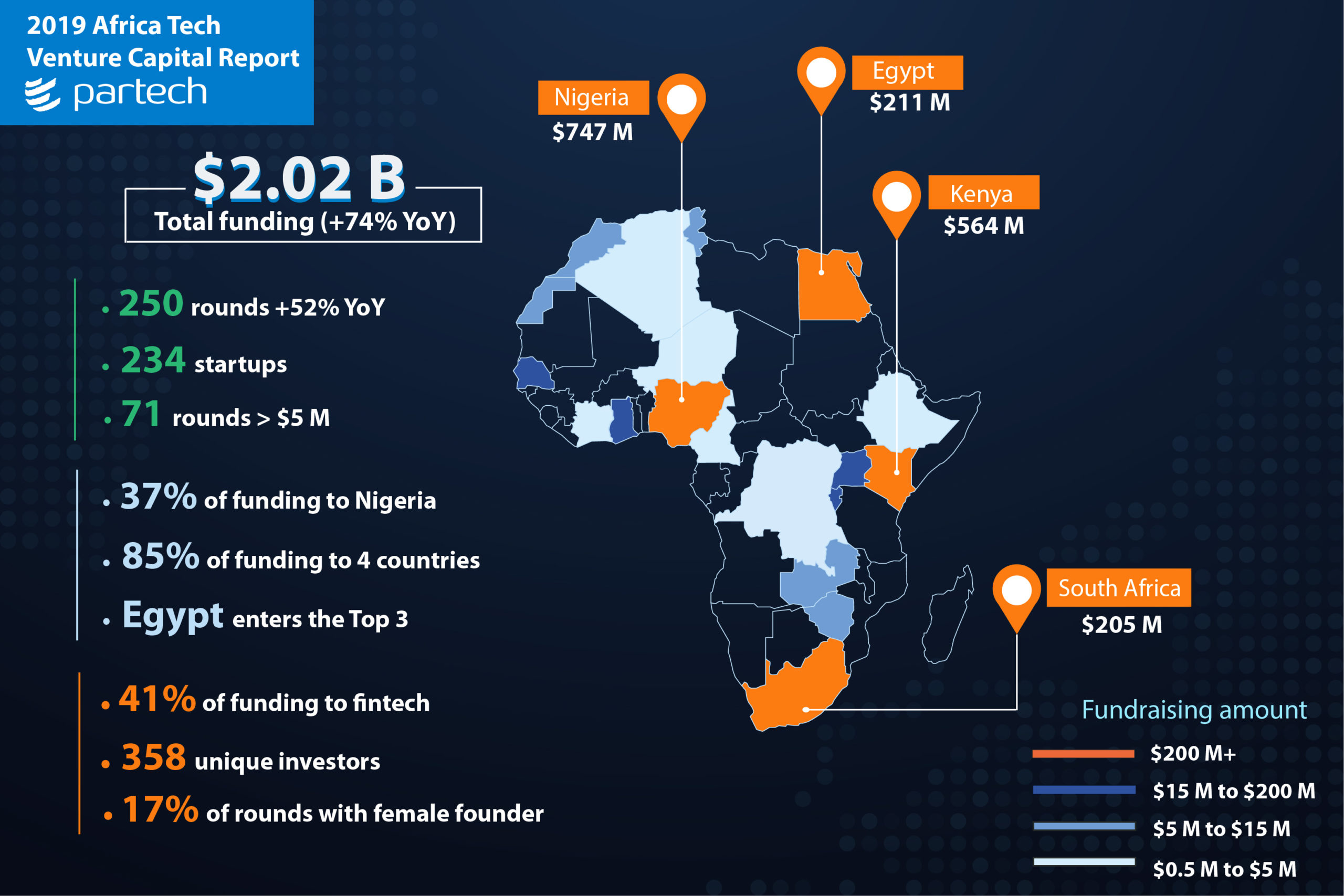The Trump administration announced Friday it would halt immigration from Nigeria — Africa’s most populous nation with the continent’s largest economy and leading tech sector.
The restrictions would stop short of placing a full travel ban on the country of 200 million, but will suspend U.S. immigrant visas for Nigeria, along with Eritrea, Kyrgyzstan and Myanmar.
That applies to citizens from those countries looking to live permanently in the U.S. The latest restrictions are said not to apply to non-immigrant, temporary visas for tourist, business, and medical visits.
The news was first reported by the Associated Press, after a press briefing by Acting U.S. Homeland Security Secretary Chad Wolf. The Department of Homeland Security later provided TechCrunch with Wolf’s remarks and a summary on the measures.
The primary reason for the new restrictions, according to DHS, was that the countries did not “meet the Department’s stronger security standards.”
Secretary Wolf noted, “the restrictions are not permanent if the country commits to change.”
The move follows reporting over the last week that the Trump administration was considering adding Nigeria, and several additional African states, to the list of predominantly Muslim countries on its 2017 travel ban. That ban was delayed in the courts until being upheld by the U.S. Supreme Court in 2018.
Restricting immigration to the U.S. from Nigeria, in particular, could impact commercial tech relations between the two countries.
Nigeria is the U.S.’s second largest African trading partner and the U.S. is the largest foreign investor in Nigeria, according to USTR and State Department briefs.
Increasingly, the nature of the business relationship between the two countries is shifting to tech. Nigeria is steadily becoming Africa’s capital for VC, startups, rising founders and the entry of Silicon Valley companies.
Recent reporting by VC firm Partech shows Nigeria has become the number one country in Africa for venture investment.

Much of that funding is coming from American sources. The U.S. is arguably Nigeria’s strongest partner on tech and Nigeria, Silicon Valley’s chosen gateway for Africa expansion.
There are numerous examples of this new relationship.
In June 2019, Mastercard invested $50 million in Jumia — a Pan-African e-commerce company headquartered in Nigeria — before it became the first tech startup on the continent to IPO on a major exchange, the NYSE.
One of Jumia’s backers, Goldman Sachs, led a $20 million round into Nigerian trucking-logistics startup, Kobo360 in August.
Software engineer company Andela, with offices in the U.S. and Lagos, raised $100 million from American sources and employs 1000 engineers.
Facebook has senior management from Nigeria, such as Ime Archibong, and opened an innovation lab in Nigeria in 2018 called NG_Hub. Google launched its own developer space in Lagos last week.
Nigerian tech is also home to a growing number of startups with operations in U.S. Nigerian fintech startup Flutterwave, whose clients range from Uber to Cardi B, is headquartered in San Francisco, with operations in Lagos. The company maintains a developer team across both countries for its B2B payments platform that helps American companies operating in Africa get paid.
MallforAfrica — a Nigerian e-commerce company that enables partners such as Macy’s, Best Buy and Auto Parts Warehouse to sell in Africa — is led by Chris Folayan, a Nigerian who studied and worked in the U.S. The company now employs Nigerians in Lagos and Americans at its Portland, Oregon processing plant.
Africa’s leading VOD startup, iROKOtv maintains a New York office that lends to production of the Nigerian (aka Nollywood) content it creates and streams globally.
Similar to Trump’s first travel ban, the latest restrictions on Nigeria may end up in courts, which could delay implementation.
 More immediately, the Trump administration’s moves could put a damper on its own executive branch initiatives with Nigeria.
More immediately, the Trump administration’s moves could put a damper on its own executive branch initiatives with Nigeria.
Just today the U.S. Assistant Secretary of State for African Affairs Tibor Nagy — who was appointed by President Trump — posted a tweet welcoming Nigeria’s Foreign Affairs Minister Geoffrey Onyeama to the State Department hosted U.S.-Nigeria Binational Commission Meeting, planned for Monday.
The theme listed for the event: “Innovation and Ingenuity, which reflects the entrepreneurial, inventive, and industrious spirit shared by the Nigerian and American people.”
Update: This article was updated to include information provided by Department of Homeland Security.











